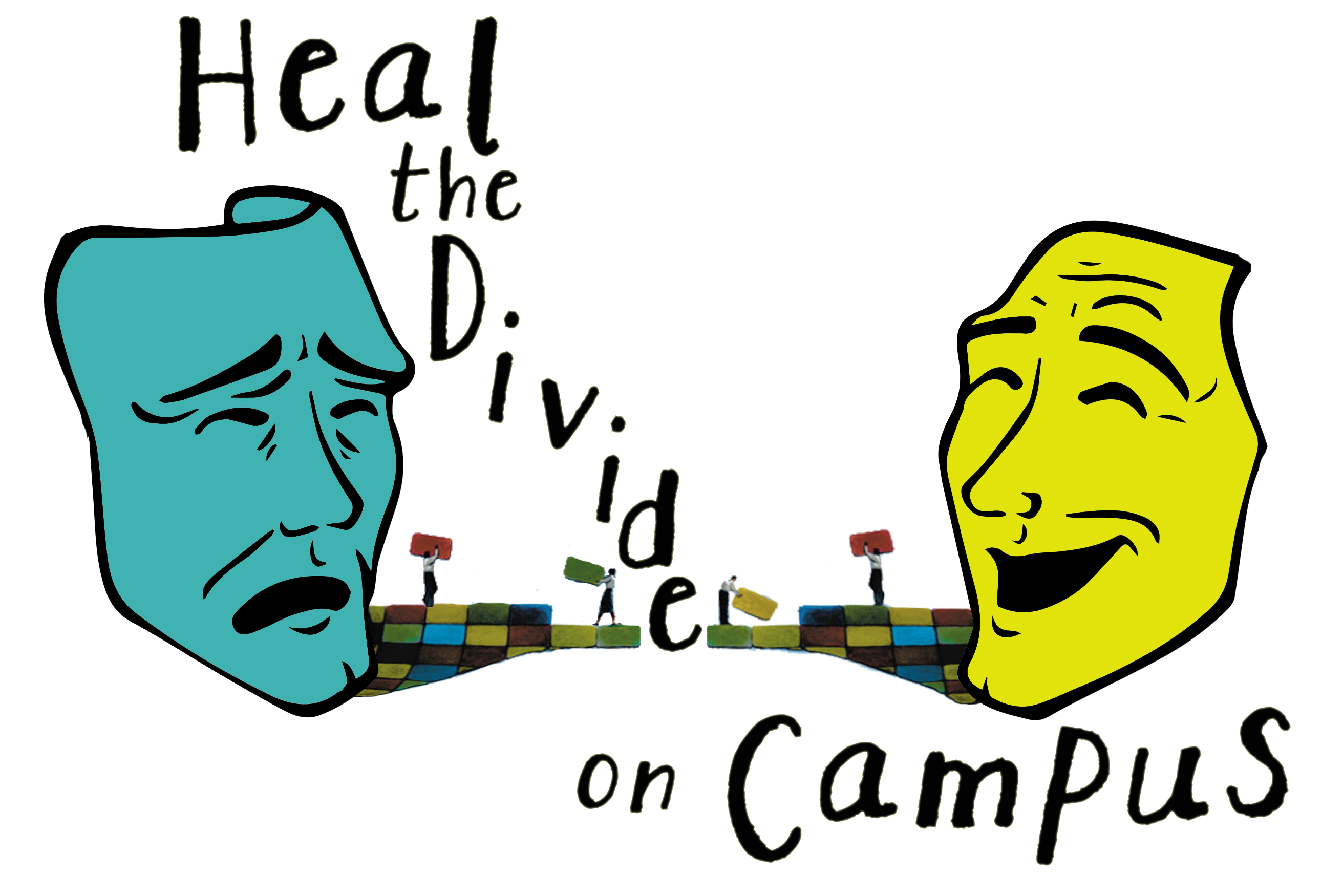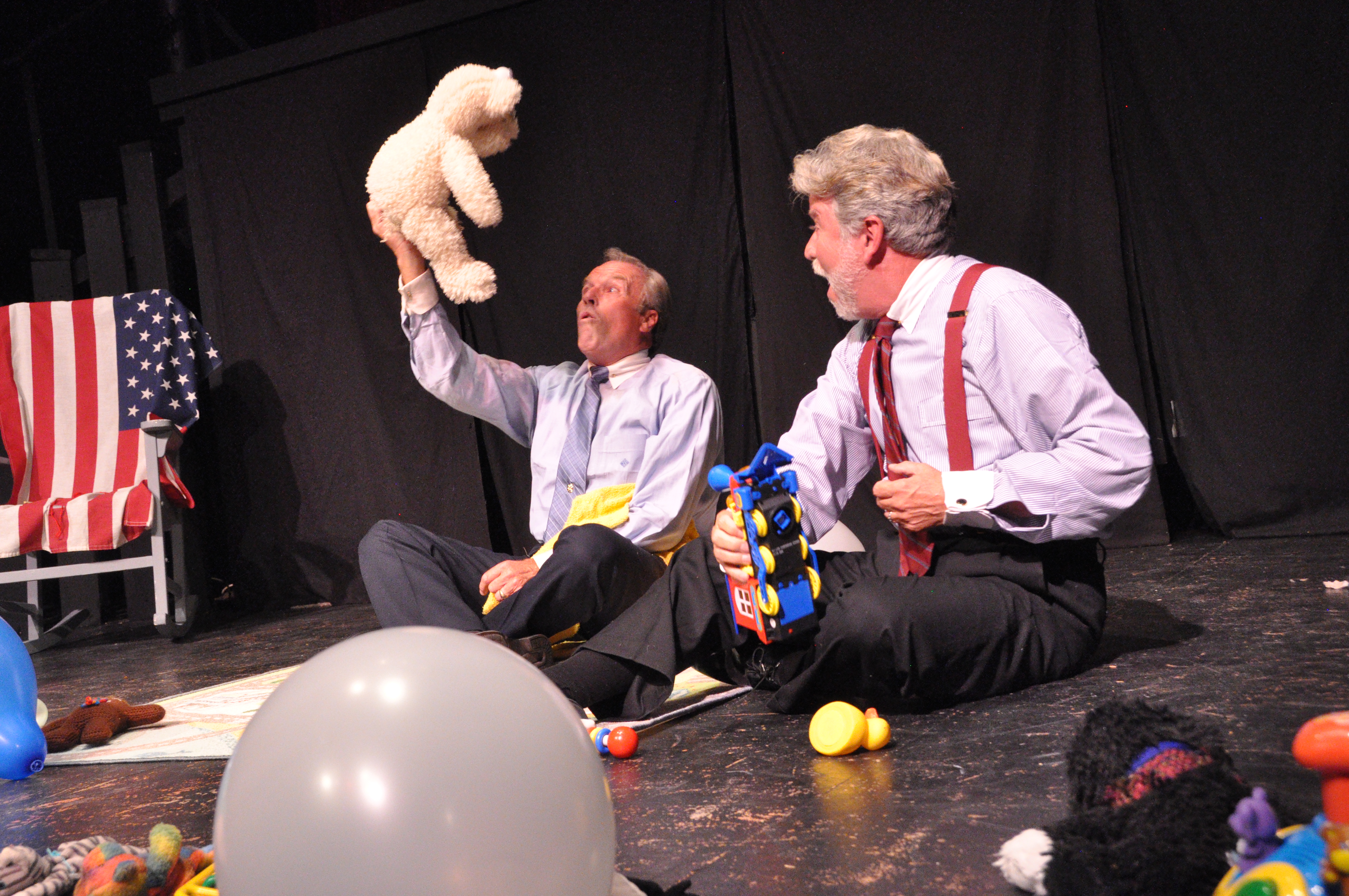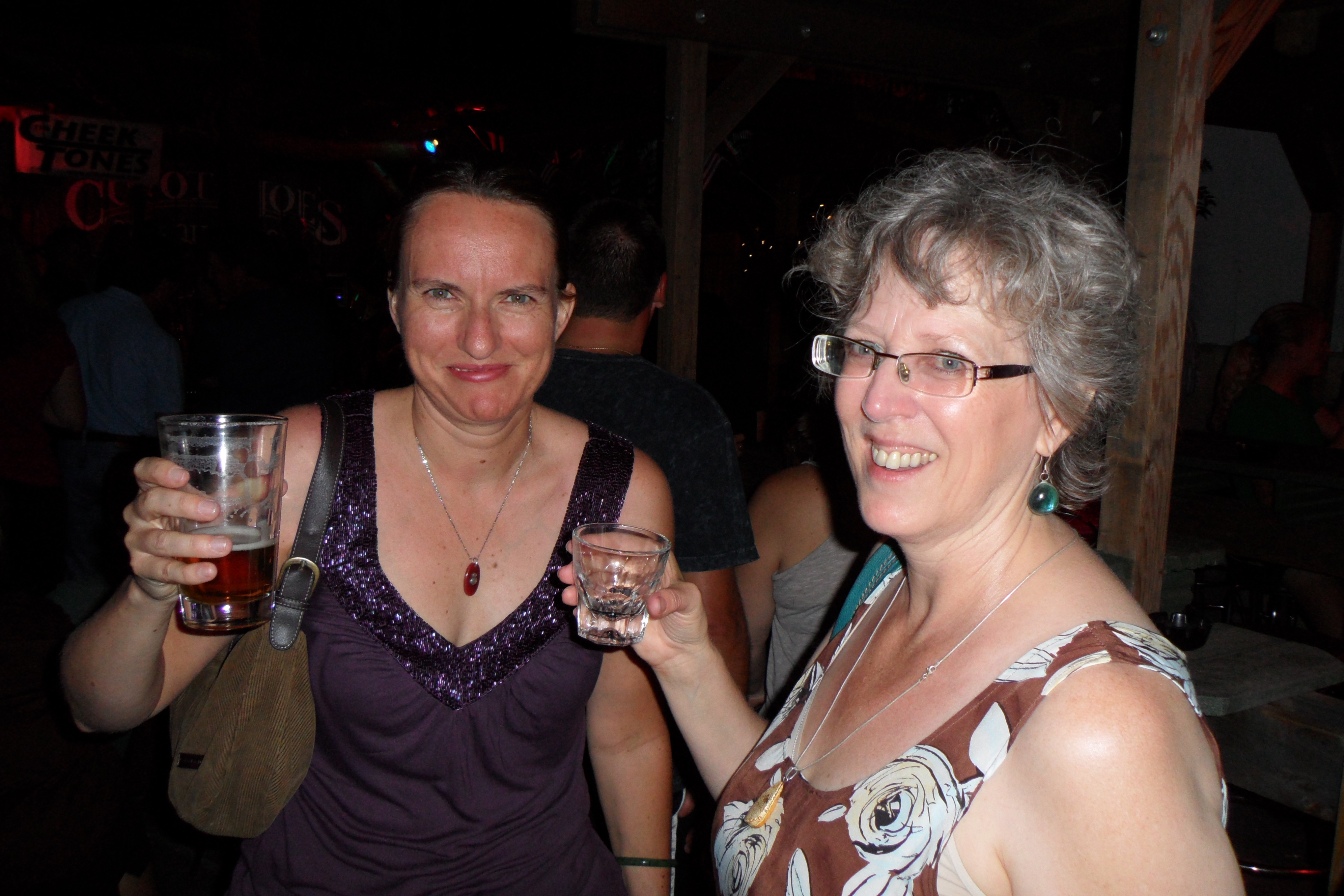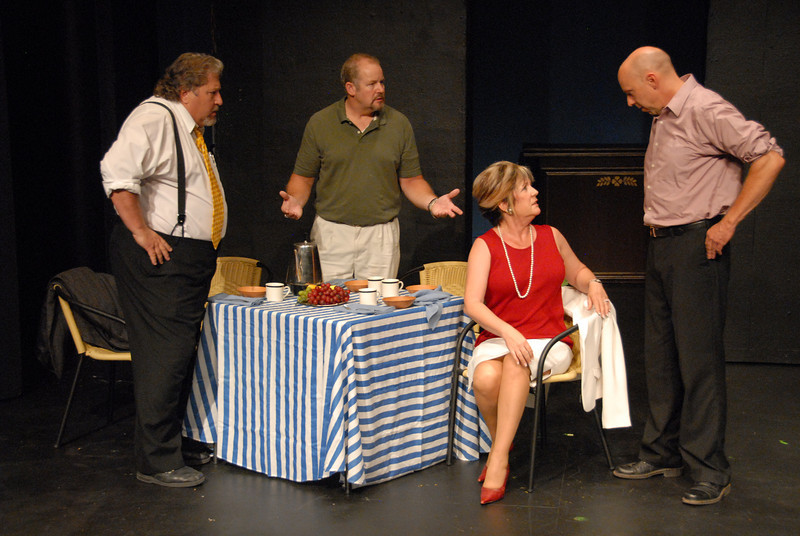You’d think that I’d be used to the clueless things that well meaning people say when they hear I have cancer; I’ve been dealing with these responses – and with the cancer – for almost seven years. Certainly my skin has thickened, and my initial shock and dismay have mellowed into something approaching humor. Now I am almost thankful for those clueless responses, because they have turned out to be reliable muses.
Well meaning people – WMPS, as I call them – first appeared in my long play, Interference, as a chorus that provides much needed comic relief in a play about a woman who is wrestling with life as she nears death. Watching the response to that chorus in the first public reading for Interference was supremely gratifying: people roared with laughter at the absurdity of the “well meaning people,” even while the chorus offered an uncomfortable mirror. I then wrote a play for the San Francisco One Minute Play Festival that consisted of a brief interaction between a woman who is facing a cancer recurrence and an acquaintance. The WMPS chorus and the one-minute play provided the seeds for WMPS* and Warriors.
I’ve heard that some playwrights develop a full idea, including knowing the ending, before they begin writing a play. I can’t quite fathom how they manage to do this; my mind is not nearly so well organized. I resist outlines; I don’t even follow my daily to-do lists! But even if I could write this way, I think I wouldn’t want to. Part of what I love about playwriting is the heady experience of having no idea about what’s going on. There’s an idea; sometimes not even quite that. Perhaps just a line of dialogue, suspended in my mind, or a memory. Then I sit down to write, more an observer than a writer. Someone says something. It surprises me. I have no idea where it’s going. Then the other responds; the dialogue takes off. I still I have no idea where it’s going. I type faster and faster trying to let go of thinking altogether, put my brain in neutral, and let what is true emerge between the characters. I can’t predict where they are going; trying to steer, however subtly, stifles their unfolding dialogue.
So I had no idea what will happen at the end of this play until it happened. For someone who identifies strongly with nonviolence, it was a hilarious turn of events. For someone who has been on the receiving end of nearly all of the statements made in the play, it was exhilarating, even cathartic.
Next, I plan to work on another play on the theme of people’s reactions to the news of cancer. I don’t know what exactly will happen – as I said, I can’t plan it out. But I do know that something must be different – not only for Samantha and Brandi, but in our culture. We need to discover what it is we want from each other when we have bad news – and how to ask for it. We also need to know how to open ourselves to other people’s bad new and offer them the kind of companionship they want. I’m excited to discover how my characters will navigate this new-to-them terrain.







4 Responses to Guest Blogger: Playwright Inbal Kashtan